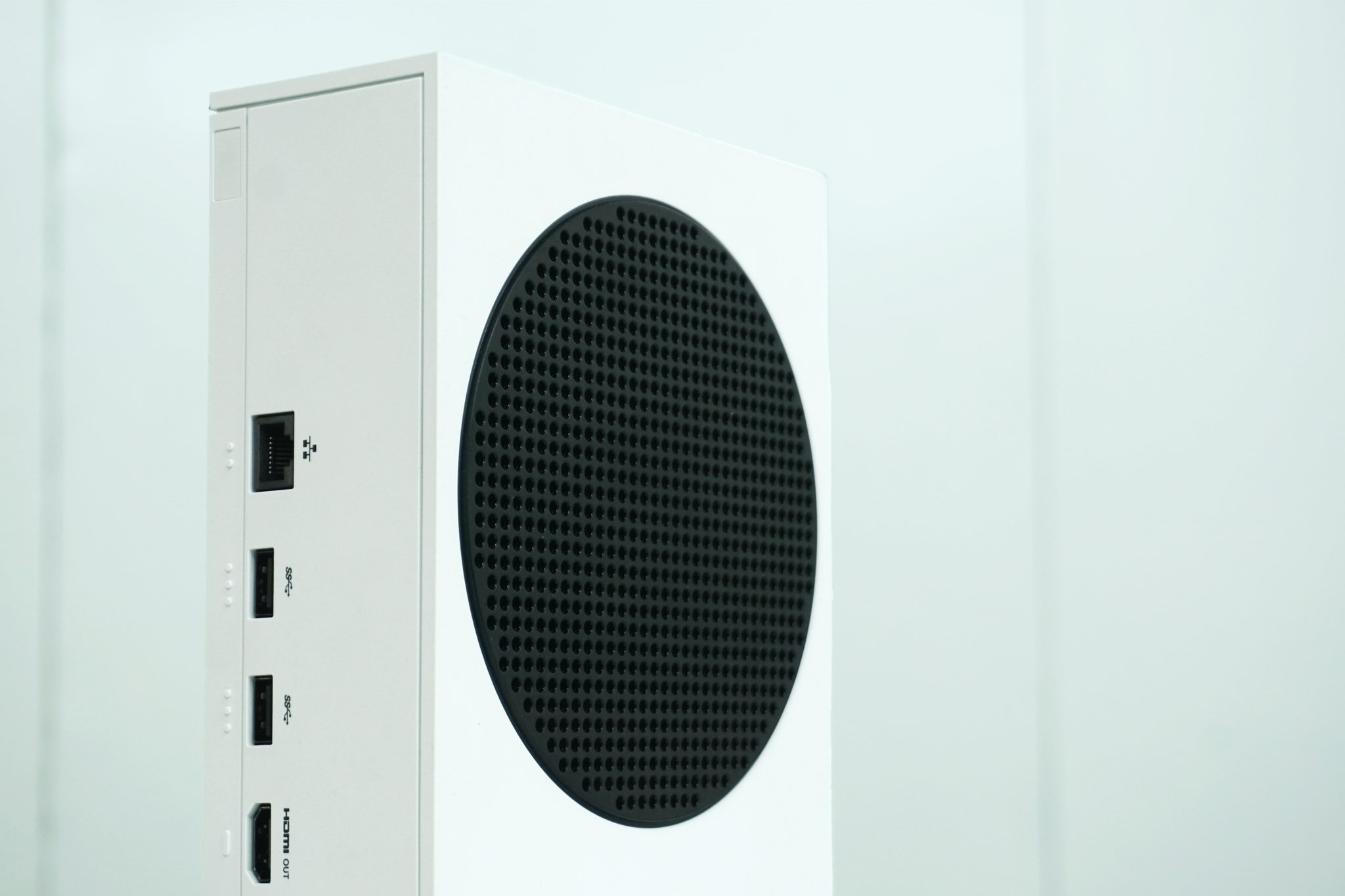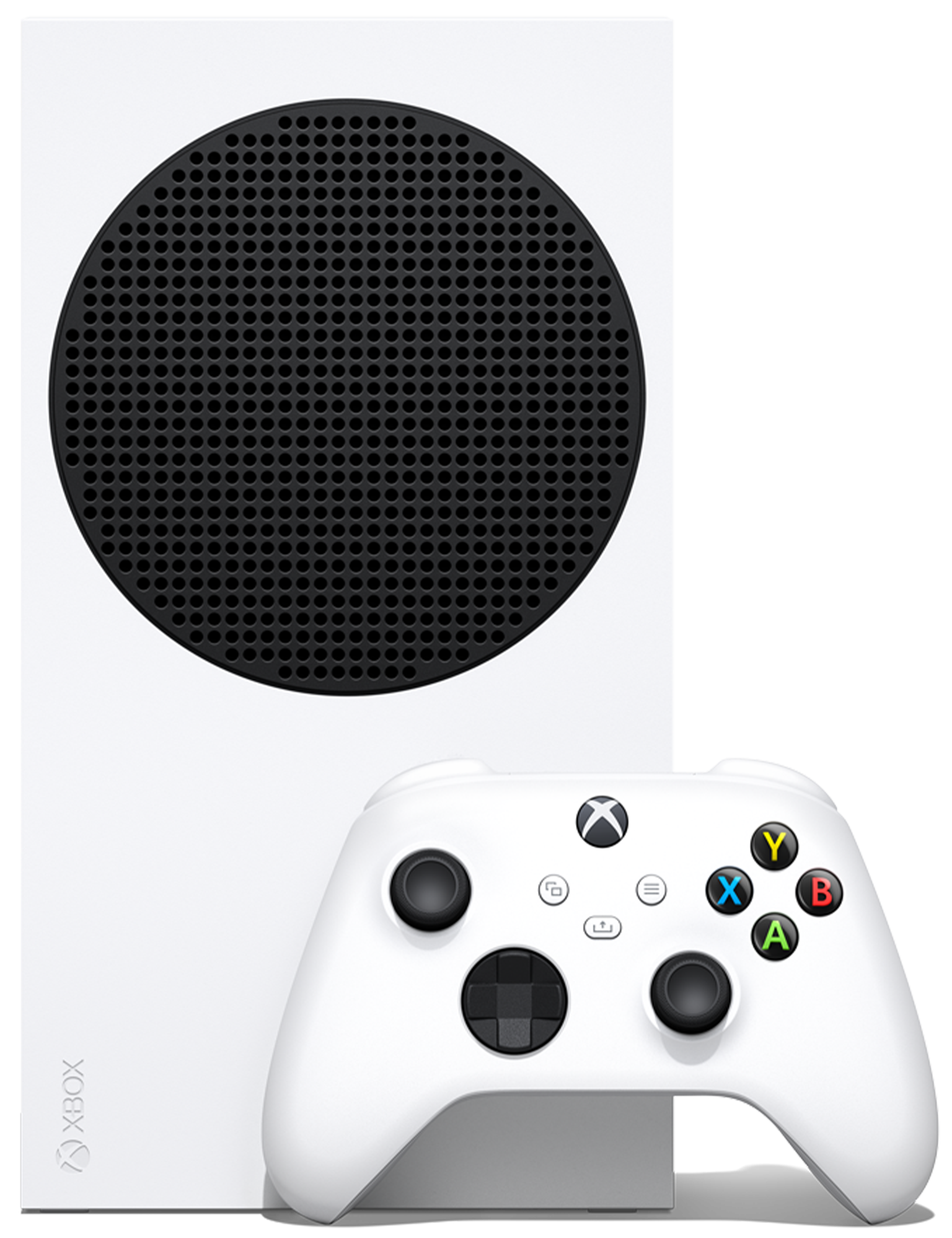The Xbox Series S is a little beast
Great things really do come in small packages.
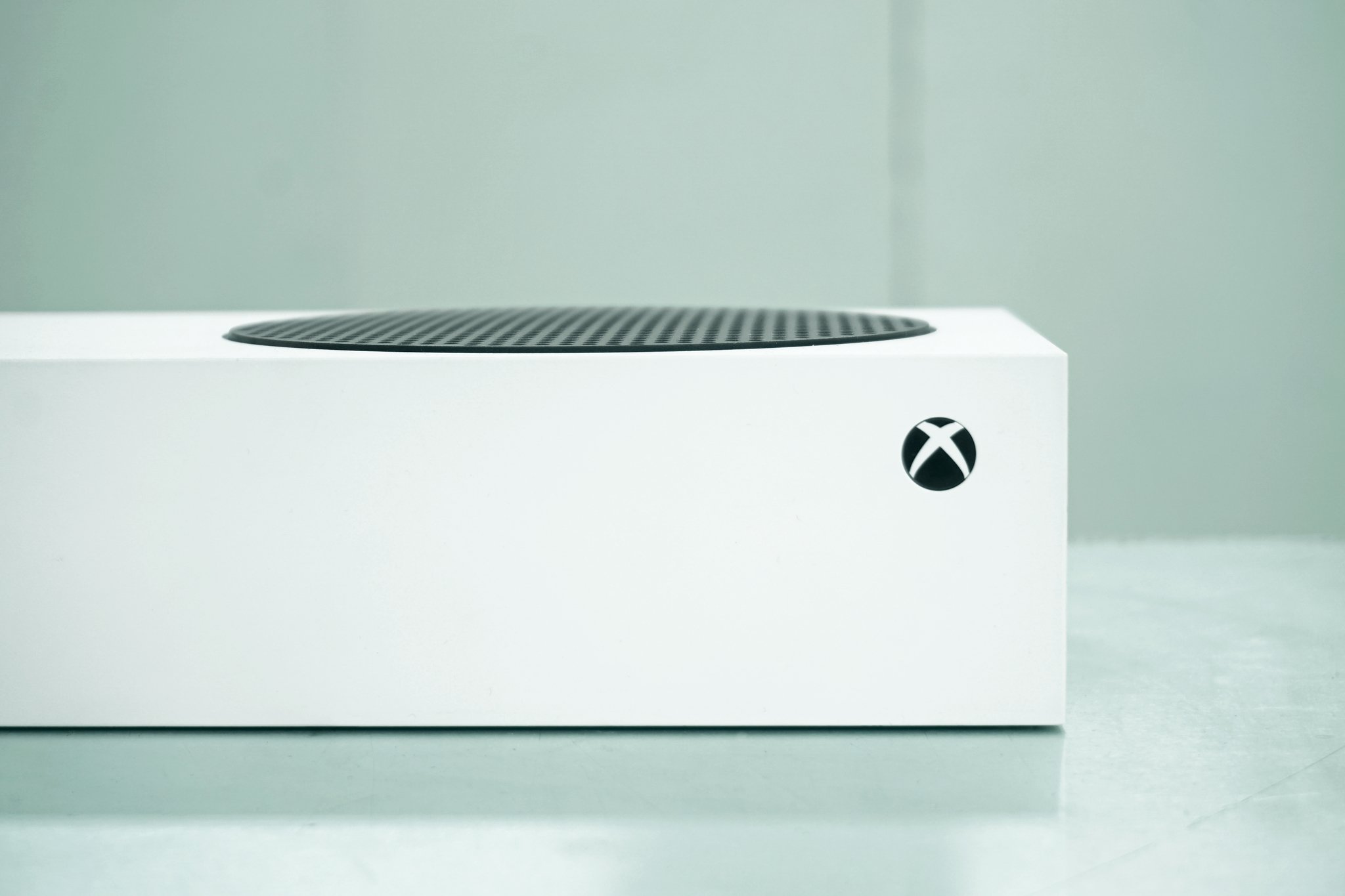
All the latest news, reviews, and guides for Windows and Xbox diehards.
You are now subscribed
Your newsletter sign-up was successful
The spotlight for next-gen has rested firmly on the PlayStation 5 and the Xbox Series X, owing to their strapping specs and 4K-capabilities. However, there's another console out there that has undeservedly been overshadowed by its beefy brethren, the affordable Xbox Series S.
We do have a full review up of the Xbox Series S penned by senior editor Matt Brown, but I recently had the opportunity to check it out for myself, and I have to say, I'm nothing short of impressed by the capabilities of this svelte system. Here are some early impressions of Microsoft's tiniest Xbox ever.
Xbox Series S For a certain lifestyle
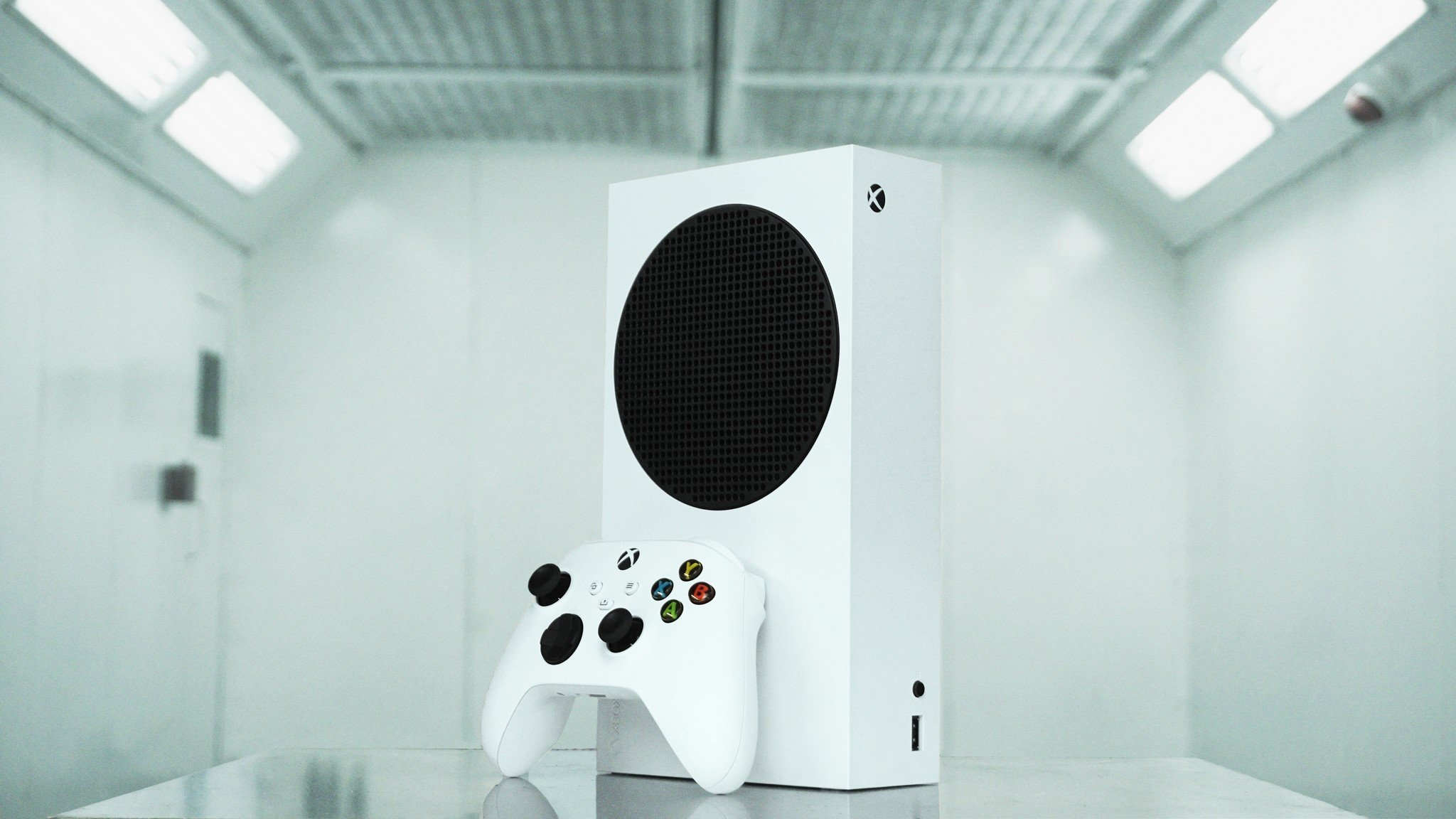
When the Xbox Series S first leaked in a grainy off-video screenshot, I thought it looked odd. Even after growing on me, it's still fairly striking, with a two-tone monochromatic design that draws your eyes to its incredibly large fan grill. Up close and personal, though, the design of the console is quite immaculate and meticulous, with lots of subtle design cues that give it a premium-look despite its affordable price tier. The reverse of the console has raised etchings to help you feel out where cables should be placed, for example.
The fan grill is also slightly raised and curved, and the weight distribution is balanced enough for the console to be positioned vertically without a stand. Rubber feet keep it elevated above surfaces when placed, and the minimalistic look will ensure it complements practically any decor style.
The console uses the same white color as its predecessor, the Xbox One S, complete with a white controller. Microsoft clearly wants its black consoles to be known as the flagship devices if it continues with this two-prong approach to hardware sales, with the lower-end model taking the white design. No doubt over the course of the generation we'll see other color options emerge, but this is what we have for now.
The most impressive thing about the Series S, naturally, is its size. Given that it sports next-gen features with its powerful CPU and SSD, the fact that it's the smallest Xbox by volume ever is a truly impressive feat.
The Xbox Series S is clearly built with a specific type of consumer, and a specific type of purchase in mind.
Therein lies some of the more interesting design aspects of this console. The Xbox Series S is clearly built with a specific type of consumer and purchase in mind. Every aspect of this console is designed to be low commitment. There's no disc drive, so there's no need to commit to a physical-based ecosystem or physical retail. It's pretty damn tiny, so there's no need to commit to buying new entertainment systems or storage space to fit it into your set up. It's low-cost, making it a no-brainer type of purchase if all you want is to play the big-name service type games. And there are no 4K capabilities, so there's no need to upgrade to a large 4K TV set, which generally starts at 42 inches.
All the latest news, reviews, and guides for Windows and Xbox diehards.
For some countries, for some homes, and some rooms, the minuscule physical footprint is an attractive aspect of the overall product pitch. I wouldn't necessarily think a young kid would require an Xbox Series X, complete with its large ventilation holes ideal for poking things into. If I was a college student who was being particularly thrifty, having an Xbox Series S with Xbox Game Pass to play with my pals when not studying would also be perfect.
Xbox Series S More powerful than you'd think
Observer System Redux is re-engineered for Xbox Series X and S consoles, and performs surprisingly well on the Series S, hitting 60 FPS complete with ray-tracing and enhanced lighting.
Much of the drama revolving around the Xbox Series S focuses on its power. The Xbox Series S is by no means as powerful as the PS5 or Xbox Series X overall, but it does sport many next-gen features that firmly put it within the same category (or really, I probably should be calling it current-gen at this point).
When I booted this thing up for the first time, the experience was completely indistinguishable from the Xbox Series X. It booted up almost instantaneously thanks to its SSD, complete with Quick Resume, dynamic backgrounds, and all of those familiar next-gen features. Either way, if I had to choose between an Xbox Series S and my previous Xbox One X, which languishes with a slow mechanical HDD and CPU from 2013, I'd most likely pick the Xbox Series S.
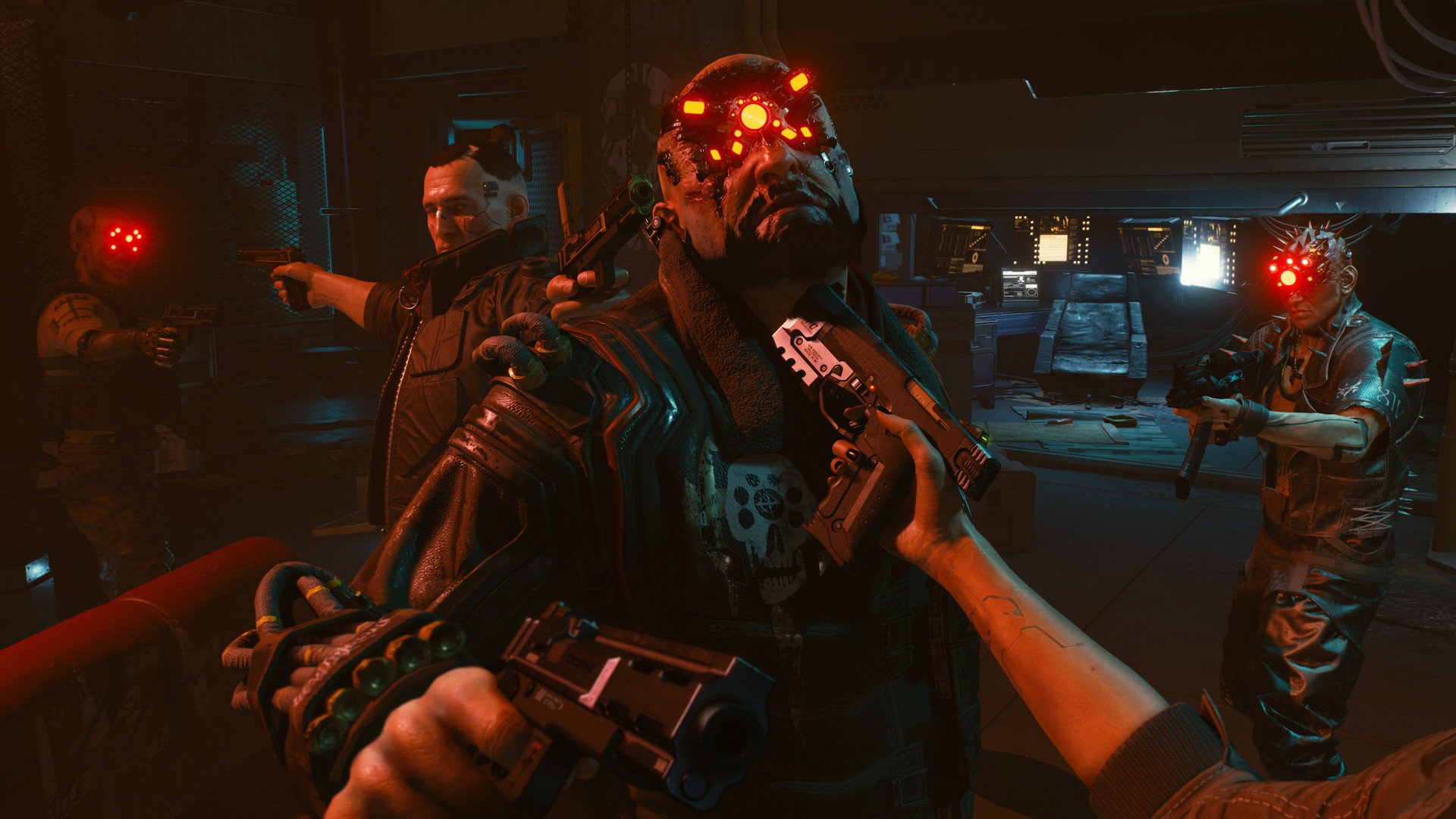
Despite how the Xbox Series S isn't targeting 4K resolutions for gaming, there are just so many quality of life improvements that really up the overall experience. That said, I'm not sure I would switch away from the Xbox One X right away, given that not many games are fully optimized for the Xbox Series S as of writing. And this isn't to say the Xbox Series S isn't capable of 4K. There are a few games targeting 1440p or even full UHD resolutions on this box, and we could see the number of games that target higher resolutions swell even further when they're built natively.
Most games are currently running on backward compatibility, and the version you get on the Series S is generally equivalent to the One S version. By the end of 2021, though, the Xbox Series S could outshine the Xbox One X for most new games, with improved effects and frame rates, as more and more developers prioritize the next-gen developer pipelines over the past-gen ones.
Xbox Series S Don't count it out
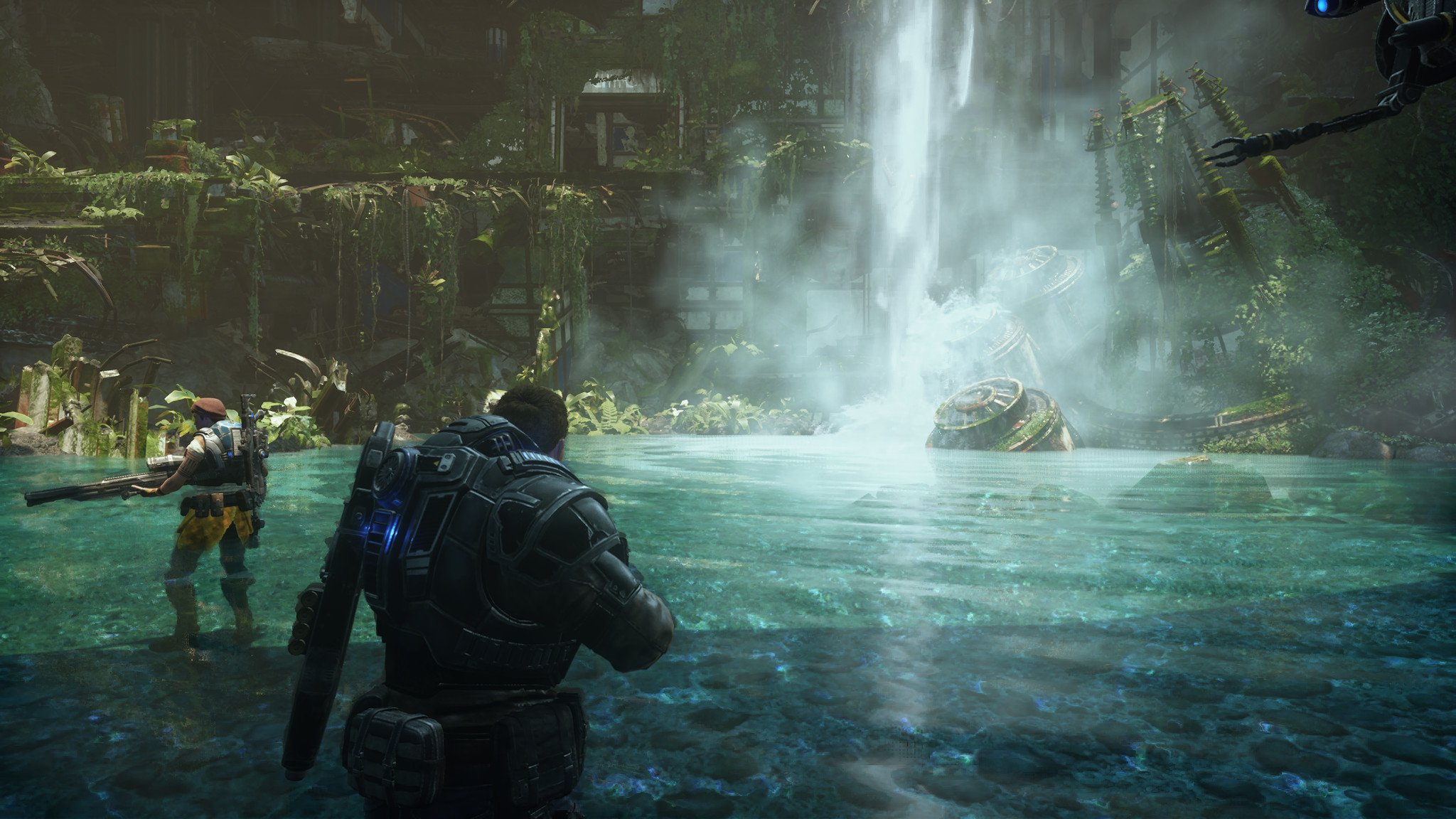
Some tech writers and game journalists scratched their heads at the Xbox Series S, unable to see outside the bubble of "cutting edge all the time" tech we get easier access to. In fairness, the Xbox Series S has also won itself a ton of praise too, joining TIME Magazine's top inventions list for 2020.
If you're a journalist or YouTuber that got these consoles for free, it might be easy to slip into a complacent attitude towards the Xbox Series S, but it would be wrong to do so. There are certainly criticisms worth leveraging at the Xbox Series S, though. The 500GB storage allowance leaves a lot to be desired if you're not running a higher-end internet package, and the best Xbox Series S/X SSD storage devices aren't cheap.
I've been truly impressed with the Xbox Series S.
There's a clear and defined market for the Xbox Series S if some of us look past our own gaming habits and interests, though. There are huge sections of the market that don't have a 4K TV and have no intention of buying one. Gamer's habits are changing, and we're moving quickly towards a world where the screens we use most frequently are our phones. As many of us get older and have kids or bigger work commitments, buying up every new game becomes less of an option. It might make more sense to invest in a smaller, cheaper console that can still run next-gen games at 60 or even 120FPS for those annualized franchises, like FIFA and Call of Duty. If you're only playing a couple of games per year, the storage space wouldn't be much of an issue either. If you're buying for a youngster who is using a smaller TV or 1080p monitor in their room, there's practically no need to buy an Xbox Series X, which is targeting UHD 4K resolutions.
Like the lower-end iPhones or Galaxy phones, the Xbox Series S offers an experience that punches above its weight in terms of price and allows gamers to keep up with the latest trends. Crucially, it offers the lowest point of access for Xbox Game Pass this side of smartphone streaming, which is really the goal here.
I've been truly impressed with the Xbox Series S. I suspect when more and more games go next-gen native and drop backward compatibility, the Series S will find its audience.
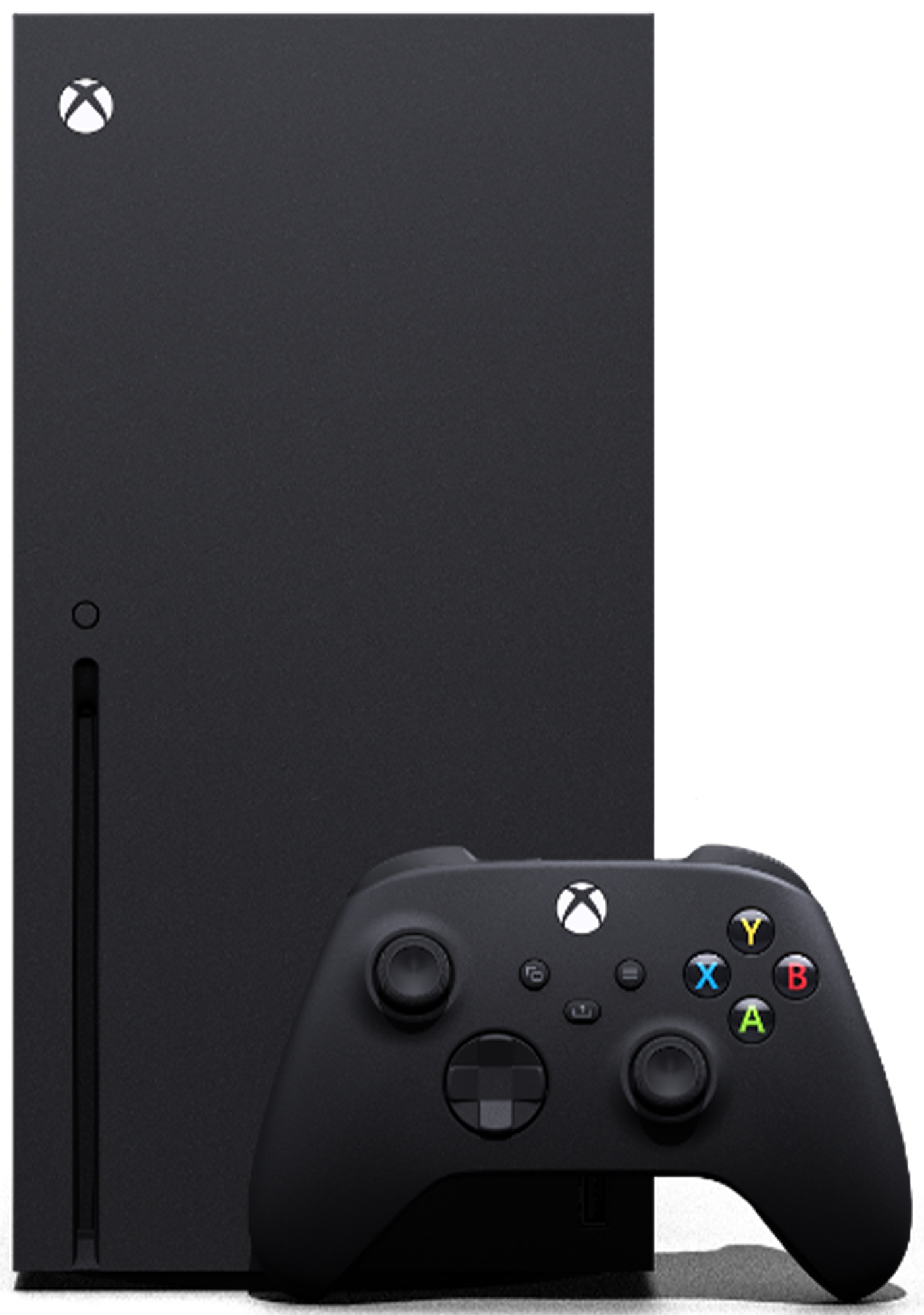
The full next-generation experience.
Xbox Series X is Microsoft's new flagship, as its most powerful console with over 12TF GPU performance and a custom SSD. It boasts up to 4K resolution and 120 FPS, full backward compatibility across four generations, and ray-tracing support.

Jez Corden is the Executive Editor at Windows Central, focusing primarily on all things Xbox and gaming. Jez is known for breaking exclusive news and analysis as relates to the Microsoft ecosystem — while being powered by tea. Follow on X.com/JezCorden and tune in to the XB2 Podcast, all about, you guessed it, Xbox!
